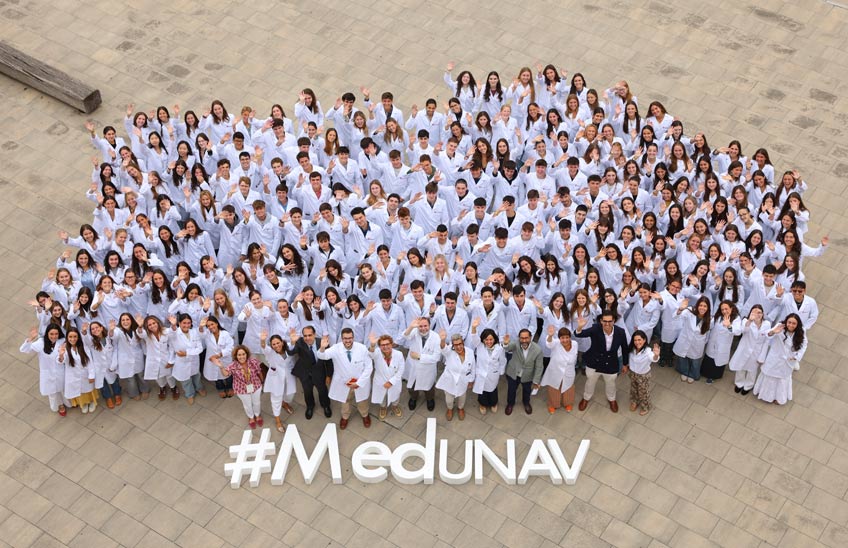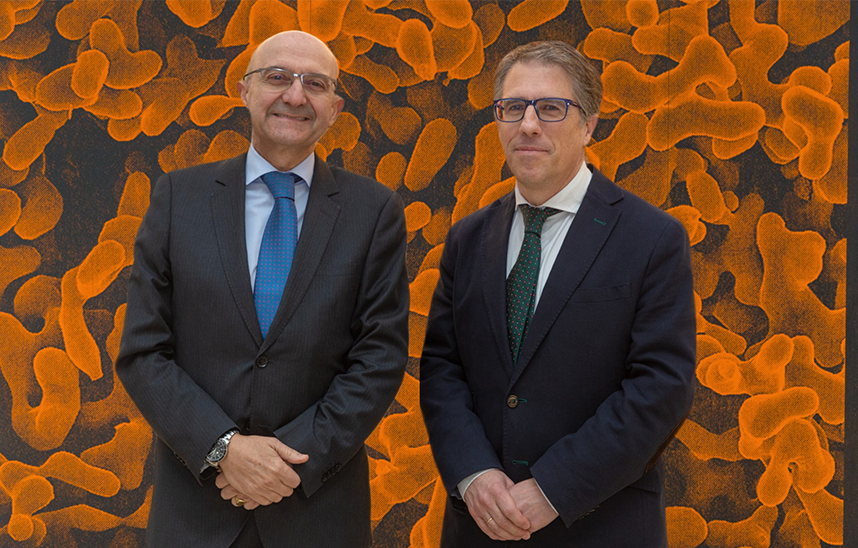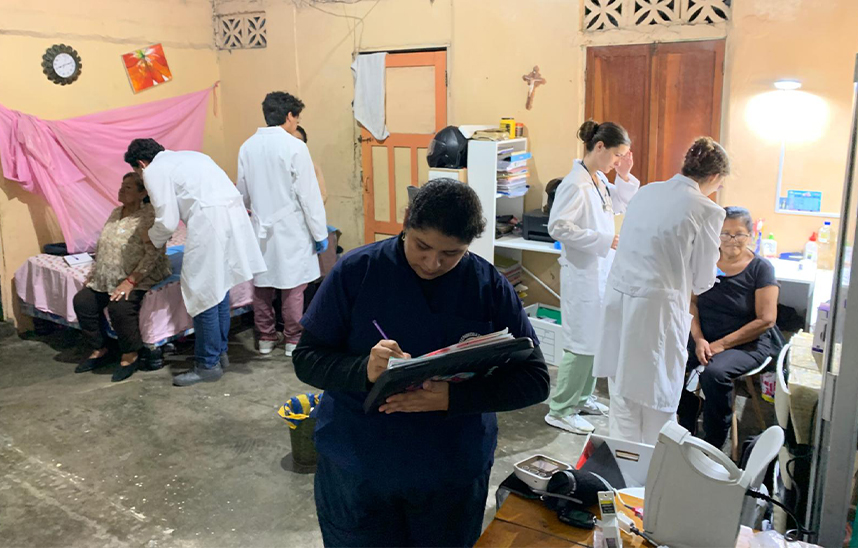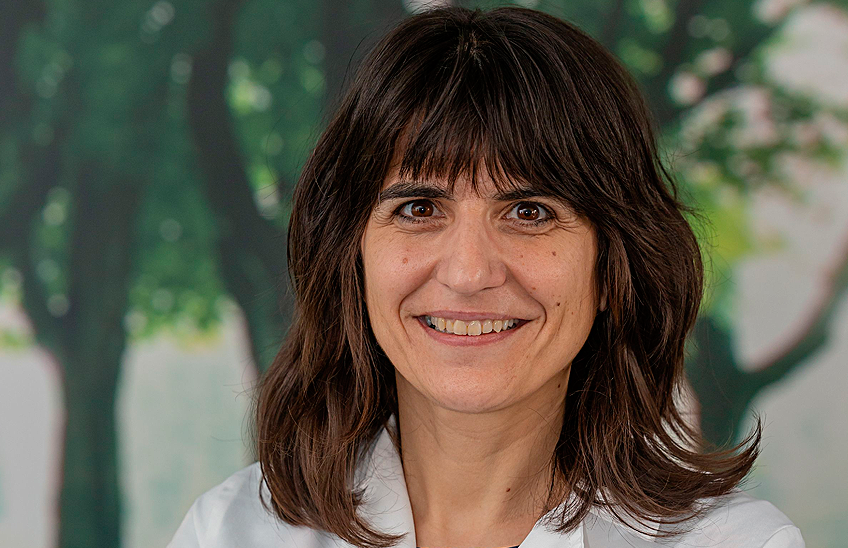Training physicians for the end of life: the meeting "Death Café" as tool at Education Médica
The School of Medicine validates a space to foster deep learning and transform students' perception of their role as physicians in caring for patients with serious and advanced illnesses
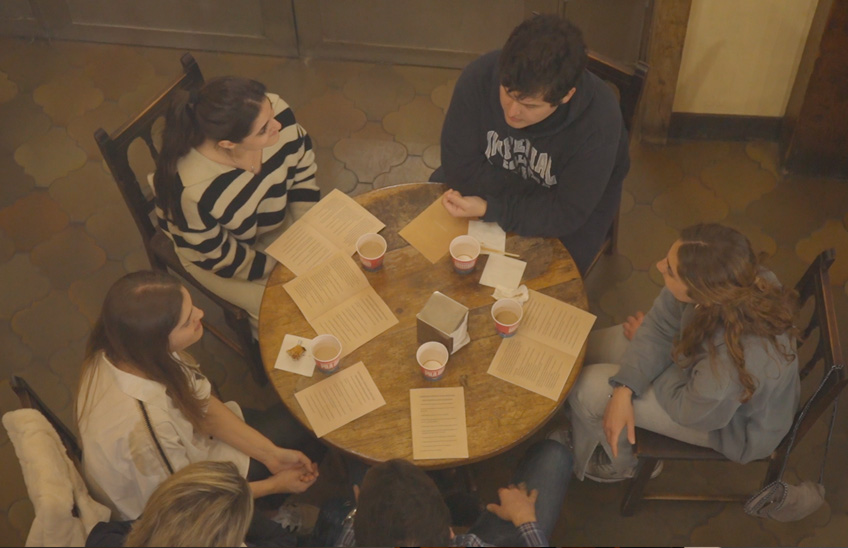
08 | 11 | 2024
A suitable space where future health professionals can have open and unpressured conversations about death and the end of life. This is the rationale behind the "Death Café", an innovative initiative analyzed by the School of Medicine of the University of Navarra to improve the training of students in palliative care. This project, recently validated through a research published in Palliative Care and Social Practice, has shown that the "Death Café" fosters deep learning and transforms students' perception of their role as physicians in the care of patients suffering from serious and advanced illness.
Professor Carlos Centeno, Full Professor of Palliative Medicine at the University of Navarra, highlights the importance of opening these spaces at Education Medical: "Death is a reality that all health professionals will encounter. By creating a safe and respectful environment such as the "Death Café"', we get our students to face difficult issues from a human, emotional and reflective approach ".
Forty-two medical students participated in the study and were unanimous in their appreciation of the relevance of this experience. Many shared how, by reflecting on the fragility of life and their future care work, they experienced both staff and professional growth. For most of them, the "Death Café" was a transforming experience, where they went from talking about death in general terms to deepening the role they will have as future physicians in accompanying patients in their final process of life.
"Our training is not limited to technique. The experience of being with patients in situations of extreme vulnerability is something we need to understand in order to provide comprehensive care. That is why the conversations in the "Death Café" allow us to learn how to accompany from empathy and compassion," says Dr. Ignacio Borque, first author of article and specialist in the Palliative Medicine Service of the Clínica Universidad de Navarra.
The students not only appreciated the discussion space, but also offered suggestions for future meetings. "This subject of events show the value of creative teaching methods at Education Medical and remind us of the relevance of comprehensive patient care, not only in technical skills, but also in compassionate and humanistic care of the sick," concludes Borque.

